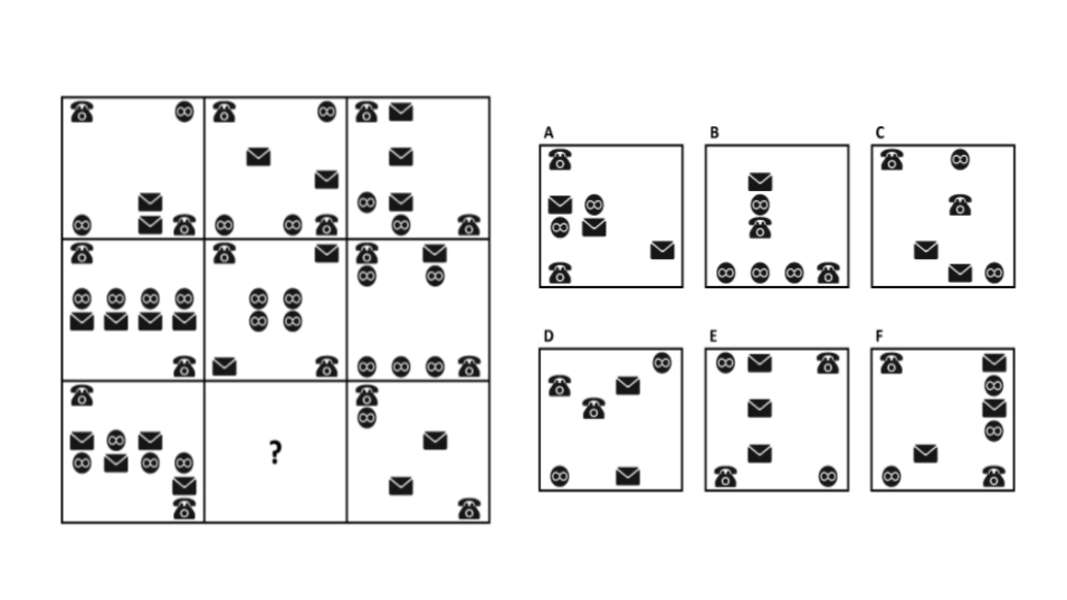What is an ACER test?
Since 1930, ACER has been one of the world’s leading educational research companies, and has helped many organisations to assess, monitor and provide better opportunities for their people.
ACER focuses on providing assessment and reporting tools for educational institutions including schools, universities, and TAFE institutions, as well as training organisations and workplaces.
The broad range of tests available from ACER means they’re used by educational institutions looking to assess their students, as well as workplaces looking to hire new talent, or monitor and identify opportunities for their staff.
ACER’s research-based model is designed to encourage constant learning and improvement, and is one of the many reasons it’s so popular, globally, with education providers and businesses alike.
The different types of ACER test suites
Below is a topline overview of the mix of tests in each of the ACER test suites.
The ACER CSPA (Core Skills Profile for Adults)
This adaptive test changes in level depending on how easy or hard you’re finding the questions. It includes:
- Numeracy
- Reading
- Writing
- Abstract reasoning
- Mechanical reasoning
The ACER VST (Vocational Selection Test)
Generally a candidate will only be asked to take three out of the five possible sub-tests, including:
- ACER verbal reasoning
- The core vocational selection test (this consists of verbal, numerical and abstract reasoning)
- ACER quantitative reasoning
- ACER abstract reasoning
- Optional components (including mechanical reasoning and interpersonal understanding)
The ACER Special Tertiary Admissions Test
Designed to help people achieve a university education sooner, the tertiary test is suitable for mature students, those who have studies outside Australia or those that didn’t get a satisfactory ATAR.
The test consists of verbal and quantitative reasoning, rather than a specific knowledge of the curriculum.
ACER verbal reasoning test
The ACER verbal reasoning test looks at how well you can understand and manipulate words. There are three distinctive types of questions:
- List of statements – a series of statements or facts will be presented and you’ll need to identify which ones prove, or disprove, a certain conclusion.
- Odd one out – you’ll need to identify the odd word out in a list by looking at the meanings of each word you’re reading.
- Word association – again, this section of the test looks at your ability to understand what different words mean based on how capable you are of associating one’s meaning with another.
Spending some time preparing for this test is important. Ensure you’re comfortable with word meaning questions and analogies in order to improve your speed, accuracy and confidence.
ACER quantitative reasoning test
Very similar to a numerical reasoning test in style, the quantitative reasoning test looks at your ability to work with numbers and data to answer mathematical questions.
The questions are typically written as short passages that contain a mathematical question. You’ll need to digest all of the information and use your mathematical skills to select the correct multiple-choice answer.
Brushing up on your understanding of basic mathematical principles – plus your ability to read through text and digest the information quickly – is one of the best ways you can prepare yourself for the quantitative reasoning test.










